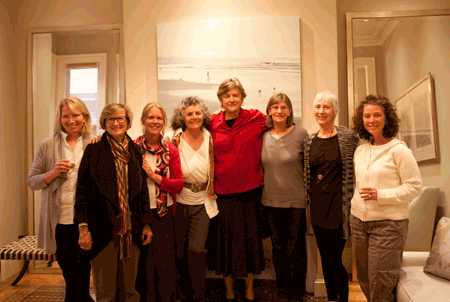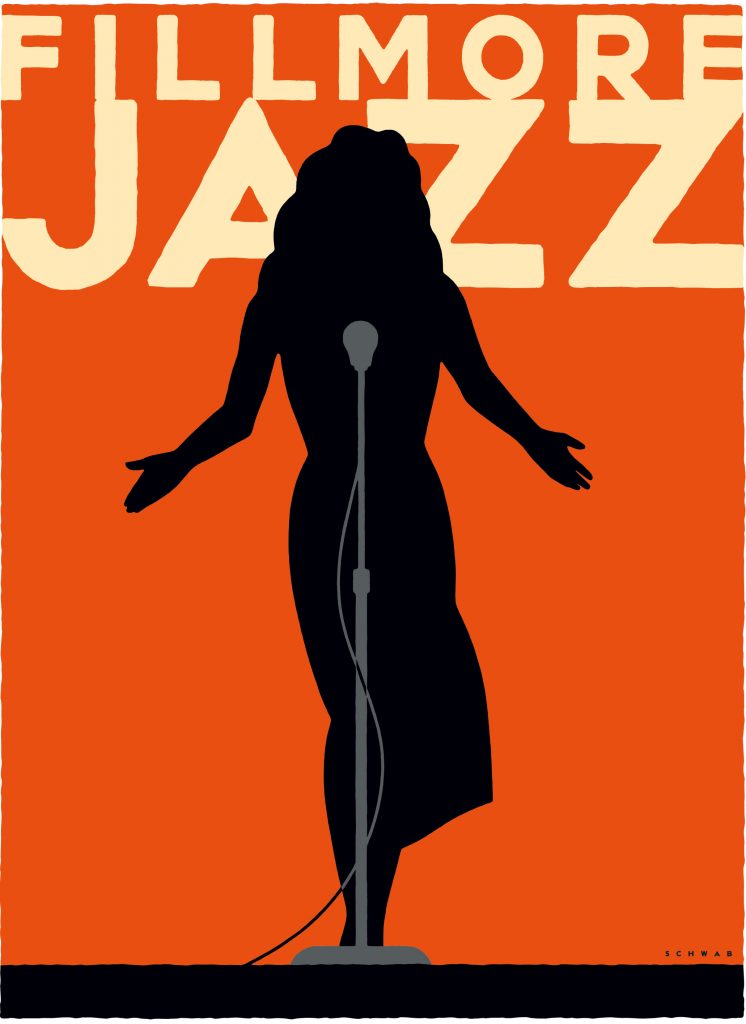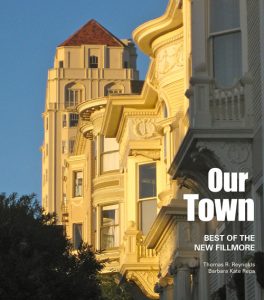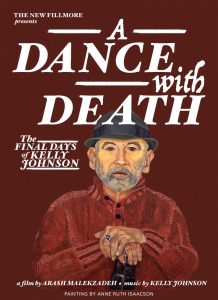
A lucky group: from left, breast cancer survivors Joanna Horsfall, Sarah Morse, Eileen Long, Carrie Sherriff, Barrie Grenell, Leigh Blicher, Jean Hurley and Margo Perin.
FIRST PERSON | Margo Perin
A group of women gathered a few weeks ago for our annual get-together, this year at the home of Fillmore photographer Jean Hurley. We all love to eat and everybody brought something for the potluck, which was, as usual, plentiful and delicious.
As we sat around the exquisitely appointed table, we caught up with each other’s news. The first question, spoken directly or not, was whether anyone had a recurrence of breast cancer. Each of us breathed a sigh of relief: No.
The walls of our hostess’s home were hung with zen-like images of stones and shells in the sand on the beach she had photographed during and after her father’s death, now arranged to reflect a calm and peaceful environment, “like the calm after the storm of breast cancer,” she says.
Jean had just completed a master’s degree — her third — in liberal arts at Stanford. I — a writer and teacher at the county jail and the most anxious of the lot — had arrived first to bag the only guaranteed parking spot in front of Jean’s house. Sarah, an author and comic savant who keeps us laughing, was next, followed by Barrie and Carrie. Barrie, whose literary presence carries an aura reminiscent of the Bloomsbury era, is a grant writer with a veterans organization. Carrie, a real estate agent, is all strength and experience, with a no-flies-on-Frank nature that keeps people on their toes. Joanne is a delight — a healthcare professional and an affectionate Brit with a wry sense of humor.
Bringing up the rear were Leigh, rushing with her new haircut from the video business she and her husband own, and Eileen, who was giggling and breathless at leaving her two kids and her restaurant in the Haight.
Our group has been meeting for nearly 13 years. It includes every one of the original members who came together in the long winter of 1999 when we were randomly selected to attend a 12-week breast cancer trial run by UCSF and California Pacific Medical Center called the Breast Cancer Personal Support and Lifestyle Intervention Trial. It consisted of two programs comparing how group participation affects women’s experiences with breast cancer.
We were selected for the program incorporating alternative and complementary techniques such as guided imagery, meditation, dance and yoga, while other applicants attended a more traditional support group. We all had the option of attending individual and group art therapy at UCSF’s Art for Recovery program founded and run by Cindy Perlis, which works with adults and children who experience cancer.
Art therapy was our group’s favorite and most meaningful activity. We created squares for a communal breast cancer quilt, drew and painted and made masks and plaster casts. With encouragement to express ourselves freely, we were able to talk and create art about things we couldn’t communicate to our nearest and dearest family and friends, let alone colleagues or strangers. In these sessions, we confronted our fear, our pain and our grief at what could have been our imminent death. And we discovered hope.
Sarah compares the first time we met to going on a blind date. “We didn’t know what to expect, but we fell in love,” she says. For 12 weeks, we met biweekly for two hours or more. We talked, laughed, cried and made plaster busts of our newly disfigured chests. All of us had been diagnosed with breast cancer only a few months earlier.
All these years later, none of us has had a recurrence. Jean says it’s most likely due to early diagnosis, good treatment and determination. Eileen puts it down to divine providence. Carrie stresses the mix of good allopathic and alternative medical treatment. And Barrie believes it’s a combination of diet and exercise and mood.
But Leigh speaks for the entire group when she says that much of it is due to plain good luck. “I’d like to think it’s because we take great care of ourselves or because we deserve it,” she says. “But honestly, I believe it is very much a matter of good fortune.”
Joanna adds: “I think we are a lucky group. If you believe that your immune system can be strengthened by dealing with stress — and I guess I do — then our program provided us with a process to deal with the deep-seated stress and grief associated with the disease and the losses it created.”
Sarah was typically irreverent: “While I’d love to think our good fortune is a result of our learning stress-relief and relaxation techniques, especially prancing around the room imagining we were horses, it’s most likely a combination of first-rate medical treatment, good genes, healthy lifestyles and a magnum of good luck,” she says, drawing laughs.
Several women who attended the trial program were not so lucky. In the follow-up support group, we watched in fear and grief as this frightening and painful disease took our “cancer sisters” from us. But we are the lucky ones. With our ever-increasing love and closeness, we continue to support one another — and celebrate our good fortune.
Filed under: Body & Soul




